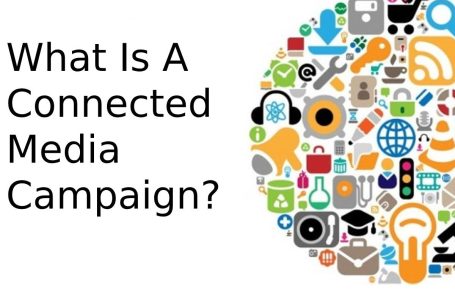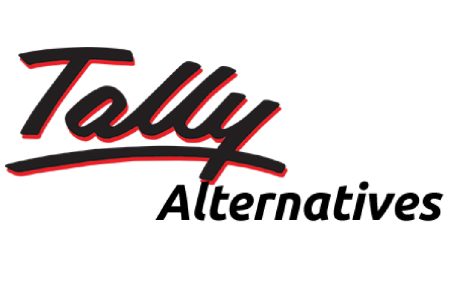Email is the main source of communication at work. We correspond daily with colleagues, management, customers, and clients. Sometimes recipients can’t come to an agreement or spend too much time on emails. These 9 rules will help save time for more pleasant activities like betting on 22Bet Uganda or going out with friends and your counterpart and resolve work issues more quickly.
Table of Contents
Never Forget About Names
If you know the recipient’s name, be sure to address them by their first name. Otherwise it’s not clear who the letter is addressed to, and it looks rude. If there are multiple recipients, list by name all the people you expect a response or action from. A person may think the letter doesn’t apply to him or her if it’s addressed to everyone. Addressing by name removes this problem.
Speak to the Point
A work letter is a short genre. Imagine how much time the recipient will have to spend to get to the heart of the letter through lengthy arguments and abstract digressions. You should not write what was, what will be and what will calm your heart, if it does not affect the solution of the issue. Save your time and other people’s time – get straight to the point.
Please Give an Exact Deadline
Don’t write “urgent” in the subject line or body of the letter. It’s a loose term: an hour for one person, a week for another. It is better to specify the exact time and date when you are expecting an answer or result.
Format the Text
Unformatted text is hard to read, so separate it. Indent one after each paragraph and two after the greeting and before the signature. Don’t put links in the middle of the text – put them at the end of a paragraph or letter, in a list. Explain each link: what document it leads to and why the recipient should follow it. Try not to abuse bold, italics and color. Let the text look calm.
Write Neutrally and Sensitively
It is easy to evoke negative emotions with a letter. The recipient may understand the text in different ways, so write as neutrally as possible to avoid ambiguity. Be polite and sensitive. If you don’t know each other well, don’t ask personal questions, invade someone else’s space, make jokes, or bring up topics that are unrelated to work.
Save Your Correspondence History
Leave the entire previous chain of messages in the email. In a flood of information, it’s easy to forget what you communicated with the sender – the correspondence history will help you remember. This is especially true for employees who receive a lot of emails with problems and questions.
Sign Emails
Name your work correspondence mail neutrally, preferably with your name_name@employer. If you don’t have a corporate email account, just create an email account like johnwaln@gmail.com instead of superboy.
In your signature, include your first name, last name, title, and company name. Add contact methods: telephone, messengers, social networks, – and a link to the corporate website. Limit yourself to a neutral “Regards” or “Best wishes”. Don’t include half a page of thank you notes, ads, links to signatures collection, and similar projects.
Re-read Your Email Before Sending It
Everyone can make mistakes or make inaccuracies, write ambiguously, or explain incomprehensibly. So before sending your letter, reread it and check it for errors. If it’s written under the influence of emotion, don’t send it right away – let it sit for about 15 minutes. Then review it again – you may have been too harsh in your judgments and assessments. If so, change your tone and rephrase the “slippery” points.
Answer Quickly
Senders don’t expect instant responses to emails, but nearly half of the 2 million respondents respond to emails within an hour. Write back at the first opportunity. If it’s part of your job description-for example, if you work in support or as a project coordinator-try to respond within 15-30 minutes.
If your main job doesn’t involve correspondence, schedule two intervals during the day for sorting out emails and answering them. For example, at 11:00 a.m. and at the end of the day, at 5:00 p.m. This way you won’t miss important messages and keep your inbox tidy. Don’t worry: If you have an urgent question, you’ll be contacted via messenger or phone.








